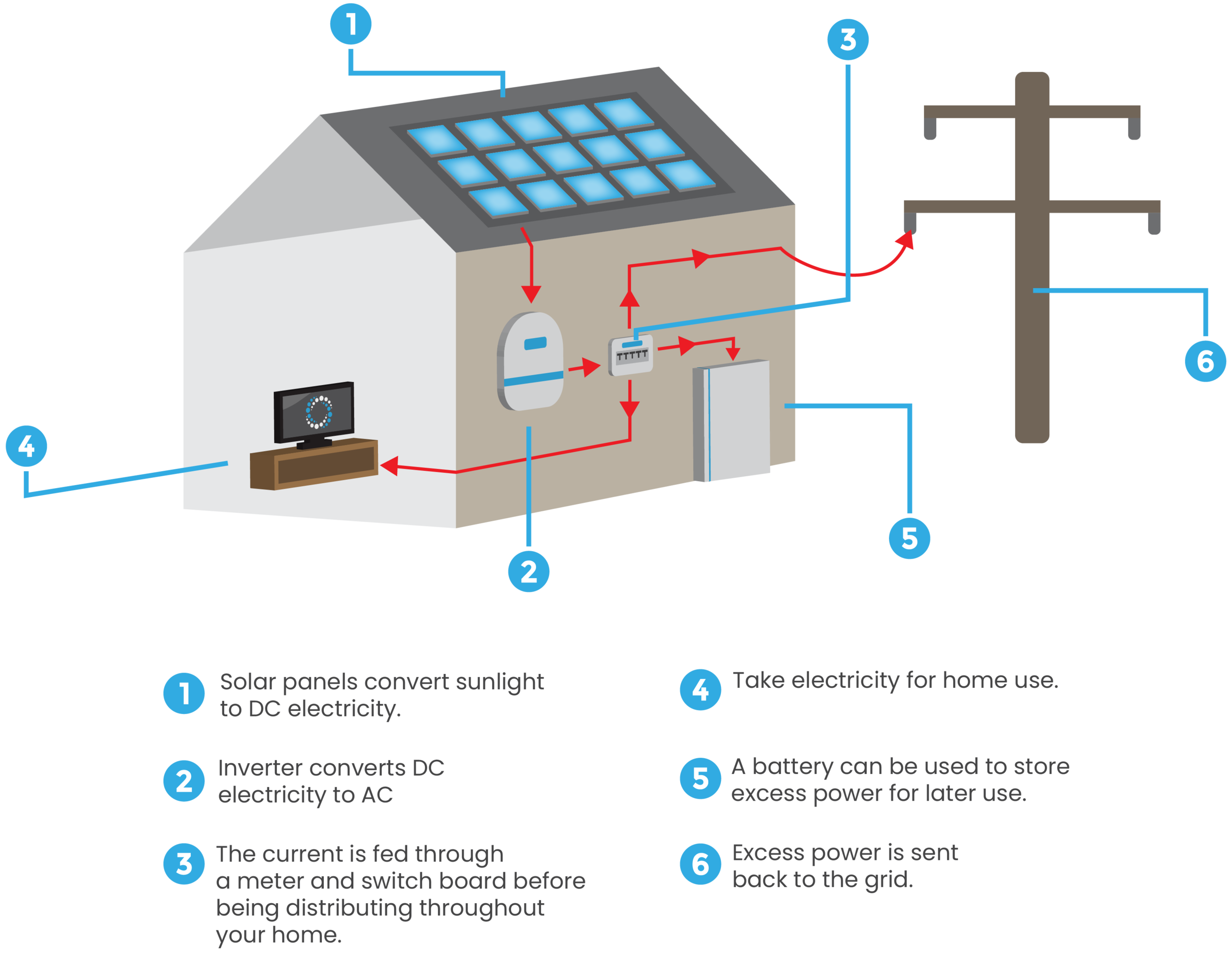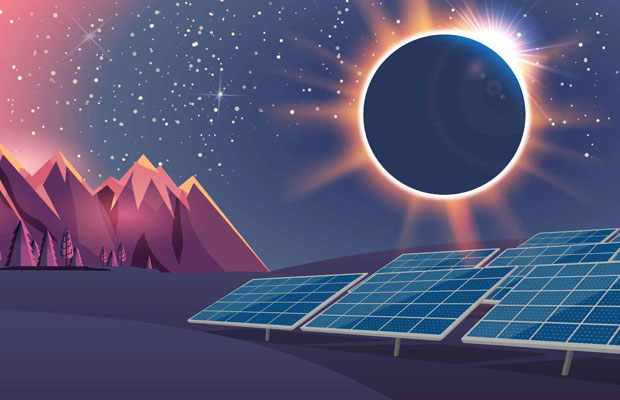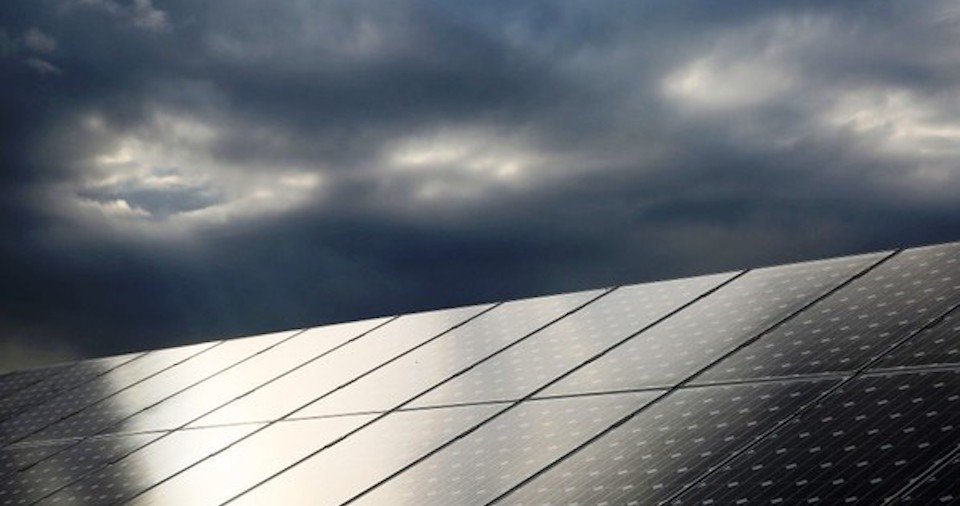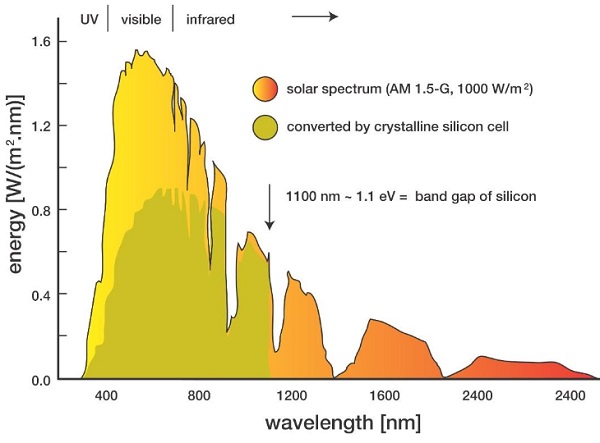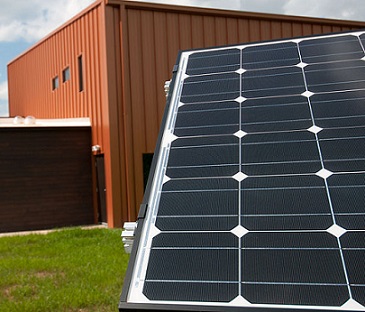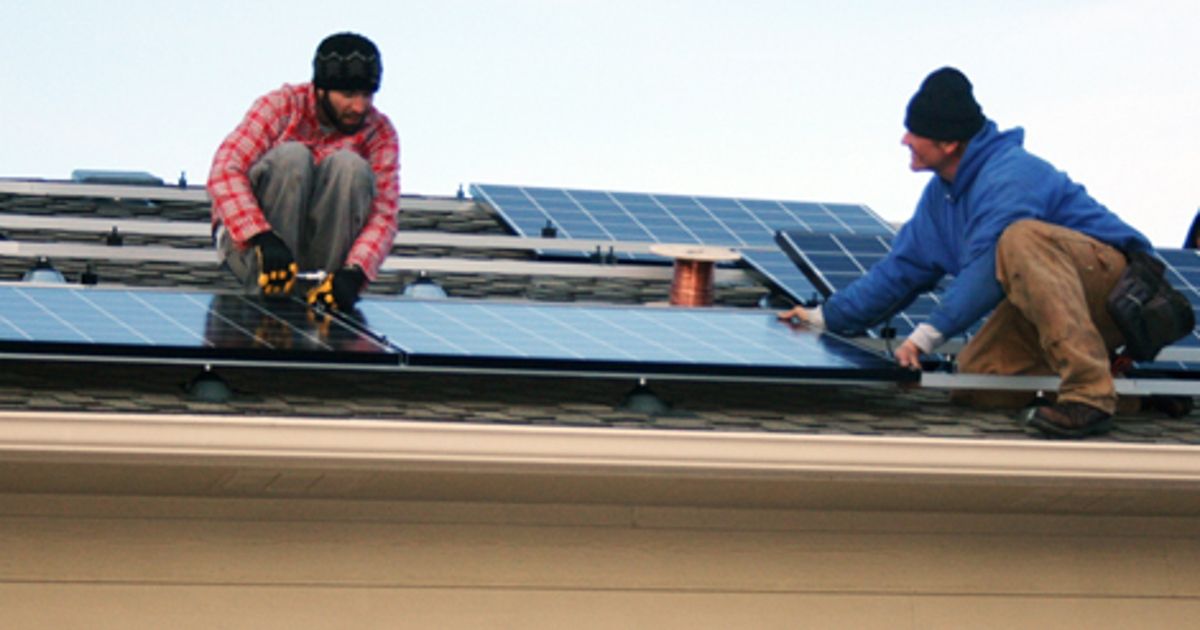The researchers also discovered that solar panels prevent heat from escaping during the night when it is cooler.
Do solar panels reflect heat into the atmosphere.
Instead solar panels absorb heat that otherwise would have been passed onto your roof.
Solar panels don t contribute to global warming because while they do absorb energy from light they also reflect a lot of light back out into the atmosphere.
Yes about 26 of incoming solar radiation is reflected back into space by the clouds and atmosphere incoming solar radiation.
The solar radiation absorbed by the earth causes the planet to heat up until it is emitting as much energy back into space as it absorbs from the sun.
Because solar energy continually enters earth s atmosphere and ground surface is the planet getting hotter.
The answer is no although the next section contains an exception because energy from earth escapes into space through the top of the atmosphere.
Because the earth is absorbing only a tiny fraction of the sun s energy it remains cooler than the sun and therefore emits much less radiation.
That energy presumably eventually makes it back out into space.
Consider how pv solar panels absorb.
100 reflected by the atmosphere.
But the experiments also showed that the panels do have an impact on climate at least regionally.
As explained briefly above there is a common misconception that solar panels generate heat amidst converting sunlight into usable electricity.
Absorbed by the atmosphere.
The panels block the heat from being absorbed by your roof and eventually your home and actually prevent extra heat from being generated.
So not only do solar panels add less heat to the atmosphere but they also don t emit any greenhouse.
Solar panels change the way sunlight is reflected and absorbed by the earth.

/__opt__aboutcom__coeus__resources__content_migration__treehugger__images__2011__10__Solar-Panel-Sunset-thumb-468x311-44939-55f8af1c1a814fe2bcad892002afee15.jpg)
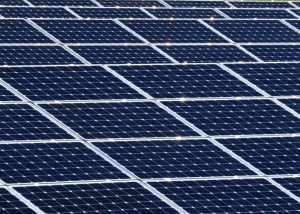
/__opt__aboutcom__coeus__resources__content_migration__treehugger__images__2011__10__solar20panels-9fa9da5be68d4cf58fc20335178fa267.jpg)

